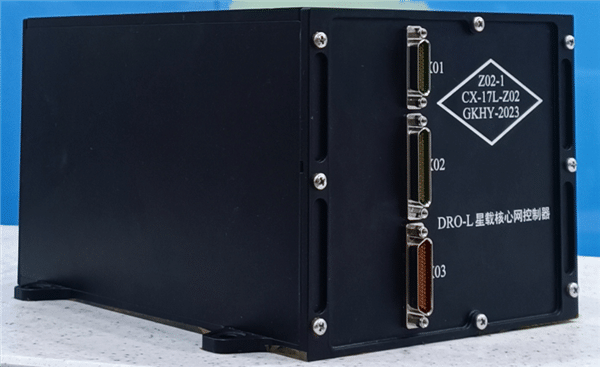China Mobile Research Institute, in collaboration with industry partners, has developed a satellite core network named “Star System” for onboard regeneration mode. Importantly, this network has successfully undergone comprehensive satellite ground testing and space environment adaptability testing. The test terminal uses the Huawei Mate 60 series. This development has brought fresh momentum to the low-orbit satellite Internet sector.
The spaceborne core network, essential to low-orbit satellite Internet, actively provides on-orbit data forwarding services in onboard regeneration mode. To meet satellite Internet’s needs for affordability and reliability, China Mobile relies on the 5G core network’s SBA architecture. They have developed a highly reliable, flexible, and reconfigurable system on orbit, using Chinese industrial-grade components and Linux operating systems in both software and hardware. This success ensures independent control of the satellite core network and demonstrates China’s expertise in satellite communications.

Considering the rapid movement and extensive coverage of low-orbit satellites, China Mobile has enhanced the satellite core network. They have improved essential 5G process capabilities like session management, mobility management, and QoS guarantee. The spaceborne core network has endured and passed various stringent environmental tests, including mechanical, high, and low temperature, thermal vacuum, electromagnetic compatibility, aging, and wireless environment performance tests. These tests confirm the network’s consistent and reliable performance in orbit.
During their testing phase, China Mobile and its partners actively replicated the satellite’s path at a 550 km orbital altitude. Subsequently, they successfully established an end-to-end link from the test terminal to the satellite core network. Importantly, the test terminal employed Huawei Mate 60 series mobile phones, which are compatible with the Beidou satellite’s two-way communication. Furthermore, the test results were promising, indicating that the satellite core network excels in onboard regeneration mode. Additionally, the network achieved the anticipated downlink and uplink rates, with the onboard forwarding delay being impressively low. These results, therefore, provide a solid foundation for future broadband services, encompassing a broad spectrum of mobile phones and industry terminals.
During actual on-board regeneration mode, the satellite core network achieves a downlink rate of 5Mbps. (Calculated as 625KB/s for 1000 times, and 640KB/s for 1024 times). Additionally, the uplink rate reaches 1Mbps, while the on-board forwarding rate hits 230Mbps. Moreover, the onboard forwarding delay clocks in at less than 1 ms, meeting performance expectations. These metrics will undergo further optimization and verification in orbit to facilitate broadband services for a wide range of mobile phones and industry terminals.
Read Also: Huawei Mate 60 Pro Pre-Orders Open: 60 Days Subscription